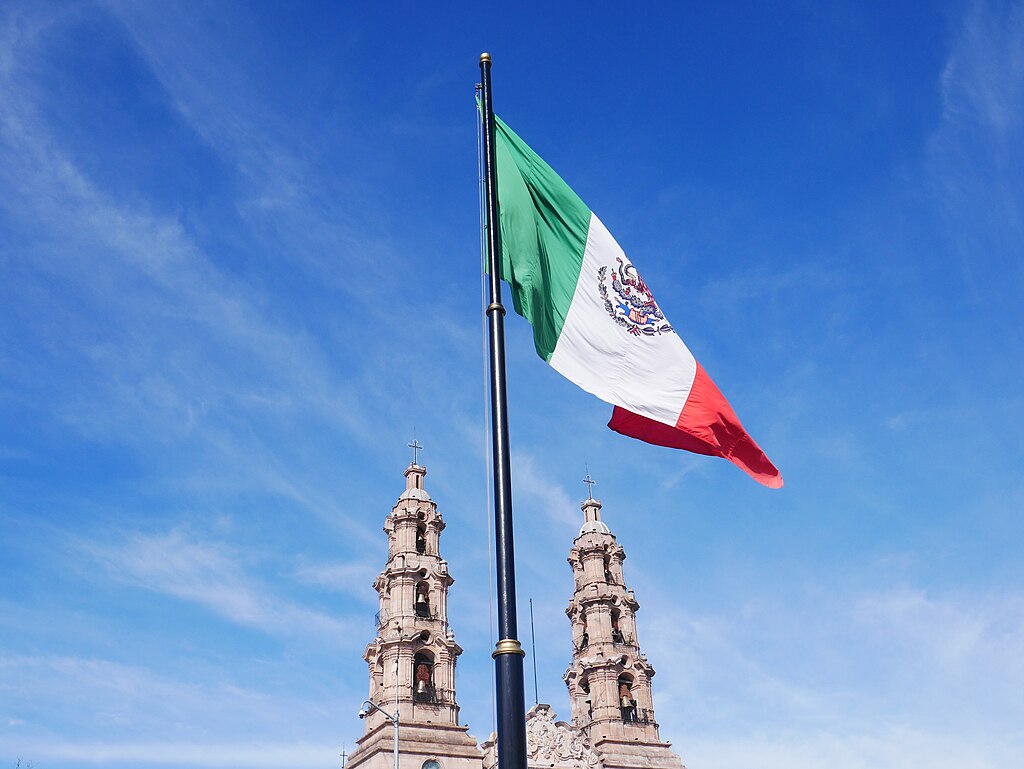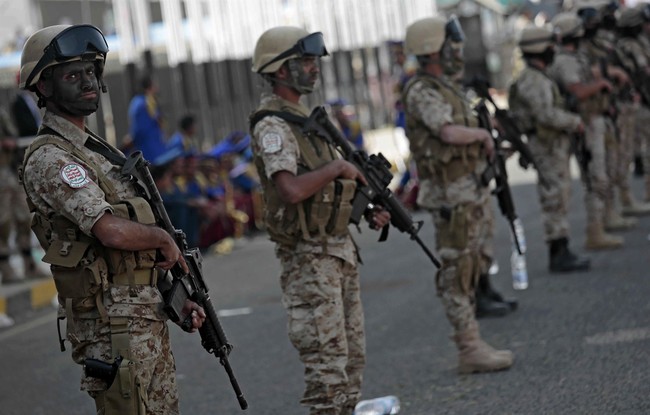Biden Honors Valor: Medals for Heroes Revealed
In a significant gesture, President Biden honored exemplary military and civilian bravery in a White House ceremony, reflecting on past sacrifices and the valor symbolized by these prestigious awards.
Published January 05, 2025 - 00:01am

Image recovered from bostonglobe.com
The White House recently bore witness to a poignant ceremony celebrating the selfless heroism of American soldiers and civilians alike. President Joe Biden presided over a unique event recognizing the indomitable courage and unyielding commitment of the nation's finest. The ceremony paid tribute to veterans of the Korean and Vietnam Wars, where acts of bravery were executed in the face of dire adversity.
Among those honored were soldiers whose sacrifices during the Korean War paved the way for freedom. The Medal of Honor, the highest accolade for military valor, was posthumously awarded to five soldiers from this war. These men, including Pfc. Wataru Nakamura, Cpl. Fred B. McGee, and Pfc. Charles R. Johnson, demonstrated exceptional courage, often sacrificing their lives. Their valiant actions on the battlefield set an unwavering example of military gallantry as they faced the overwhelmingly formidable forces with determination.
The ceremony also celebrated the legacies of two Vietnam War veterans. Notably, Capt. Hugh R. Nelson Jr., who sacrificed his life shielding a fellow soldier from enemy fire, was recognized posthumously. Similarly, the living honoree, Pfc. Kenneth J. David, recalled humbly the battlefields of Vietnam, where his bravery saw him drawing enemy fire away from his injured comrades.
President Biden's remarks during the event emphasized the enduring spirit of heroism encapsulated by these awards. He recognized the challenges faced by minority soldiers during times when the military still battled with issues of segregation, highlighting the continued journey towards recognizing past oversights. Biden signified this as a commitment to fairness and acknowledged that the journey of equality, though incomplete, would never be abandoned.
In addition to military valor, the Medal of Valor was bestowed upon eight law enforcement officials who responded to pressing calls of duty. These included officers who valorously confronted the tragic Covenant School shooting in Nashville, saving countless lives while risking their own. Sgt. Jeffrey Mathes, Officer Rex Engelbert, and other team members faced critical threats head-on, exemplifying the dedication expected from those in protection roles.
Historical contexts underscored the ceremony, with memories of acts from numerous battles revived. From the grueling terrains of Korea's rugged hills to the dense jungles of Vietnam, the stories of courage remain etched in the chronicles of military history. Figures like Gen. Richard Cavazos, the first Hispanic four-star general, were put forward as beacons of leadership under fire, with actions speaking louder than any commendation.
The gathering also highlighted America's journey towards recognizing and rectifying historical biases, especially concerning the minority servicemen whose acts of heroism had sometimes been overlooked due to racial prejudices. Legislation and reviews have aimed to address past wrongs, ensuring heroes like Cpl. Fred McGee are deservedly honored for their service devoid of racial partiality.
This event extended beyond mere commemoration; it served as a resolute commitment to acknowledging the valor of those who have protected the nation. The soldiers and civilians celebrated at the White House are a testament to the country's debt to its heroes, a richness in spirit, and a commitment to guarding freedoms at the cost of personal sacrifice.
In totality, the message was clear — the spirit of heroism transcends times and wars, exemplifying a binding spirit of courage and sacrifice that will continue to inspire, teach, and edify future generations. This cycle of recognition and remembrance moves far beyond medals; it fortifies traditions of valor and morality that are quintessentially American.







